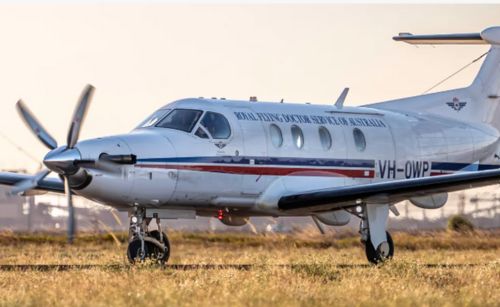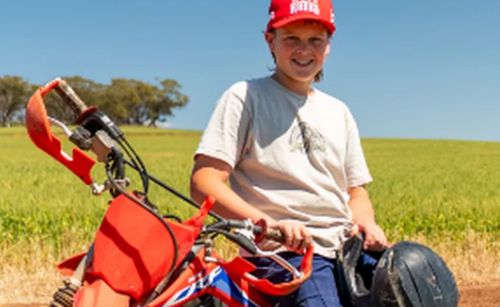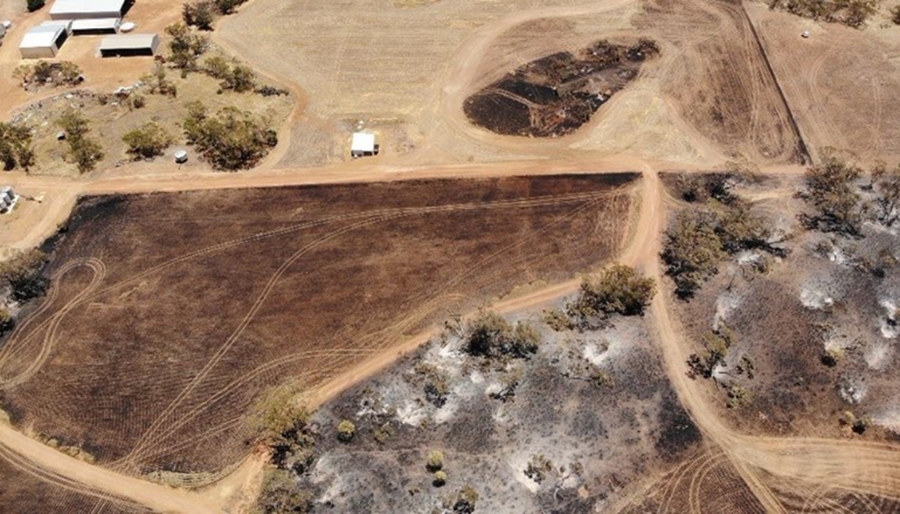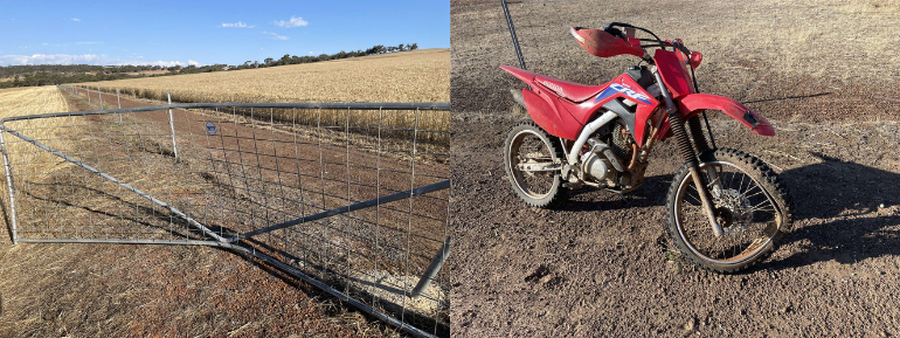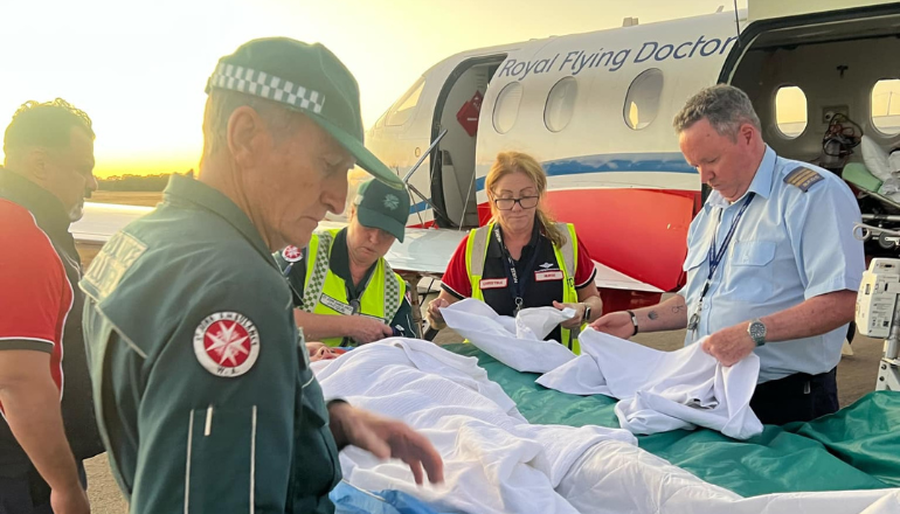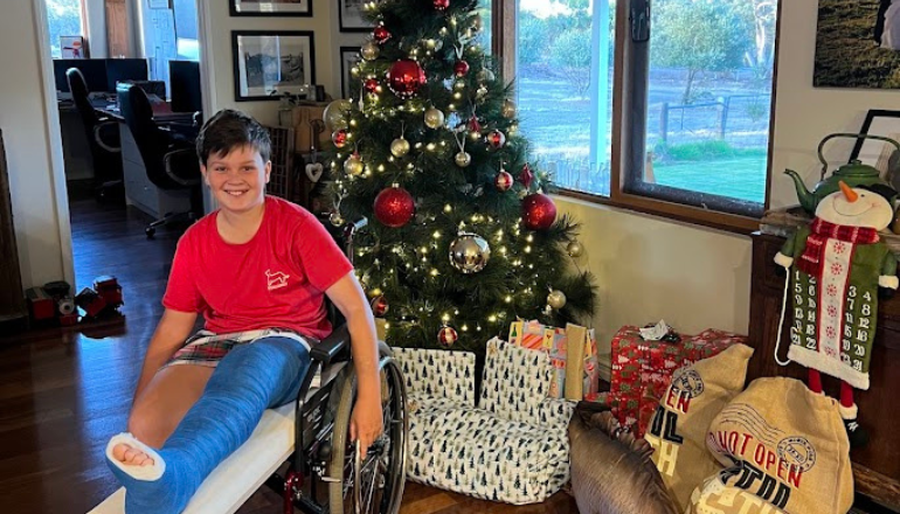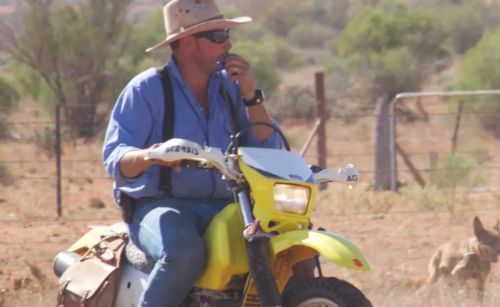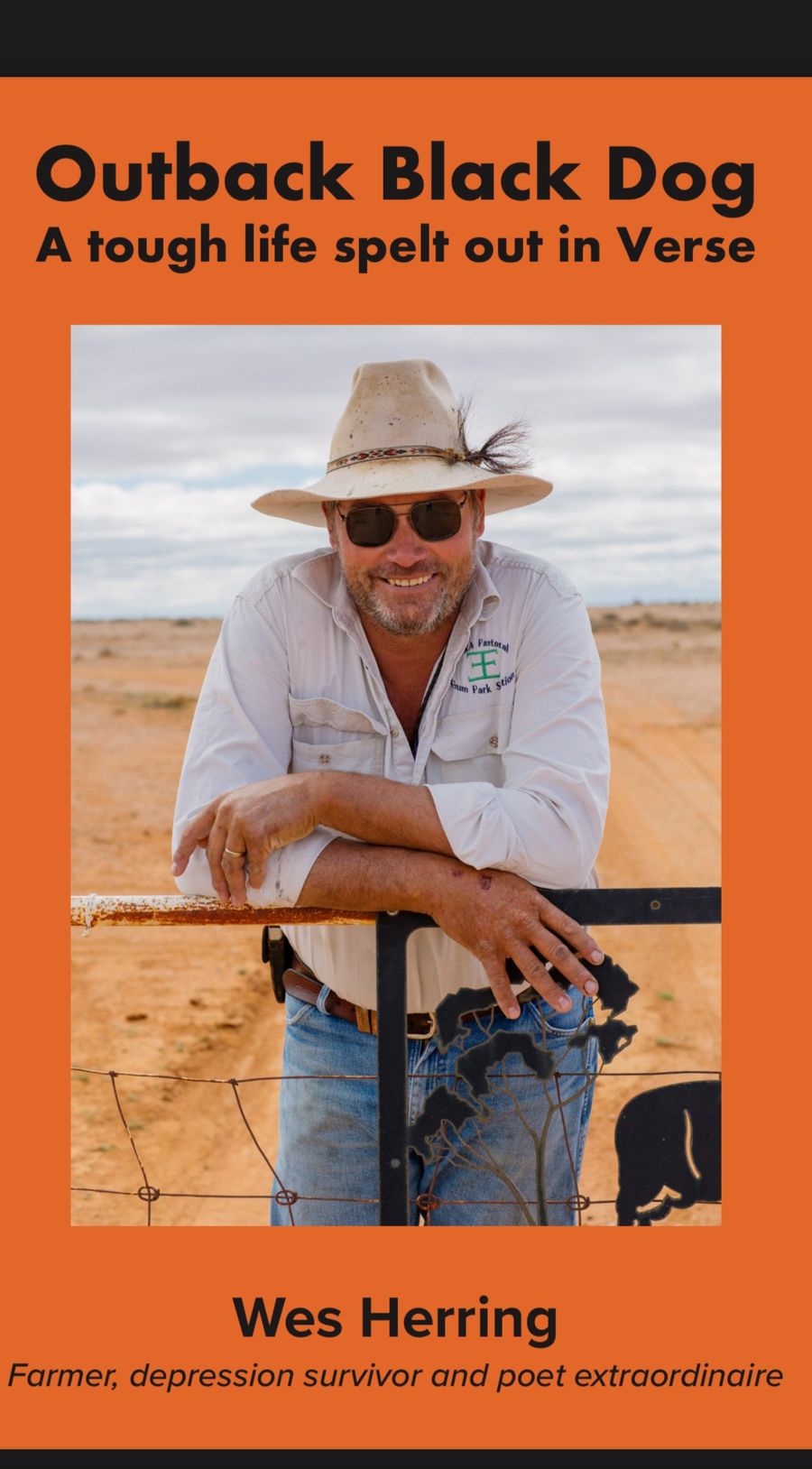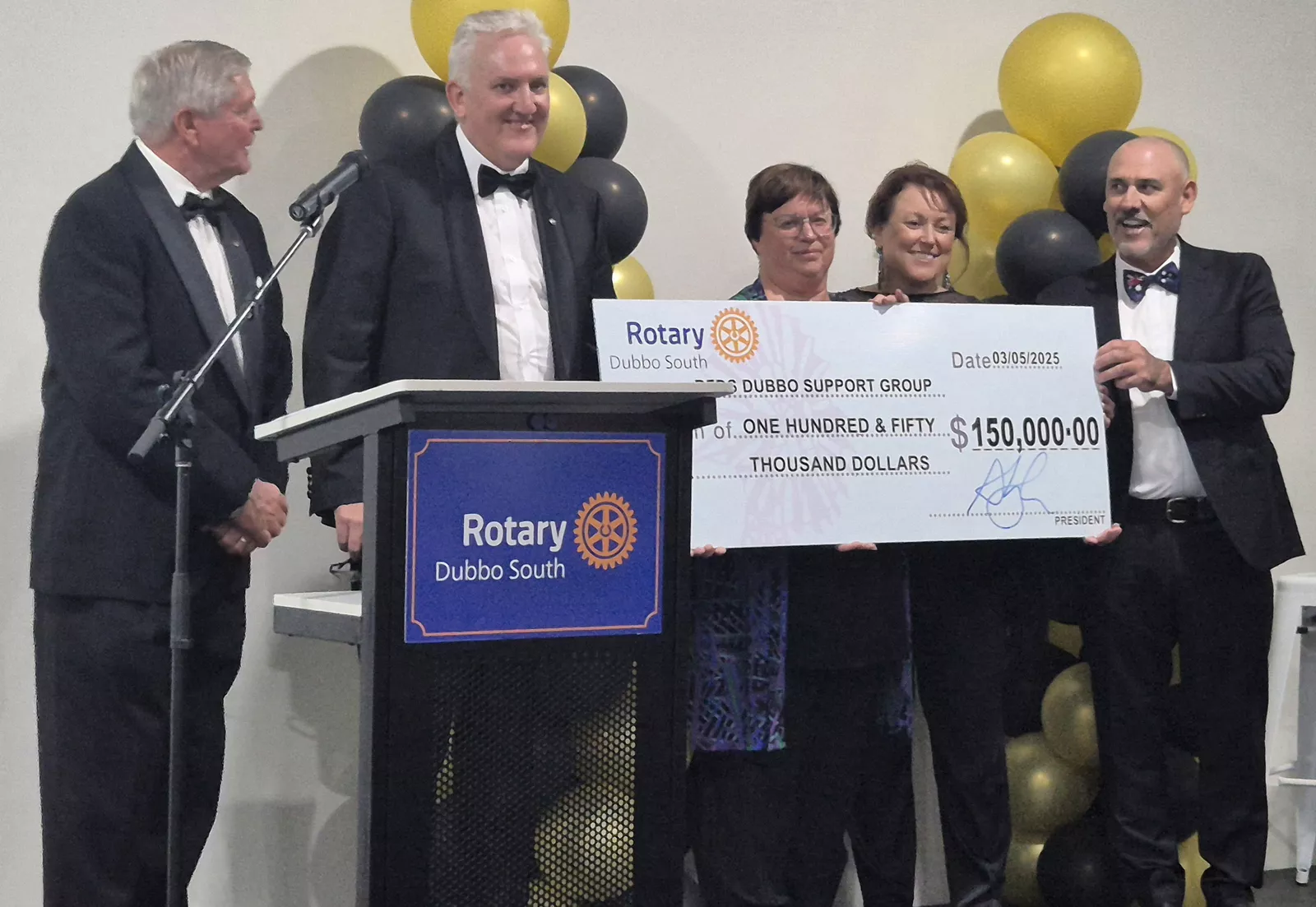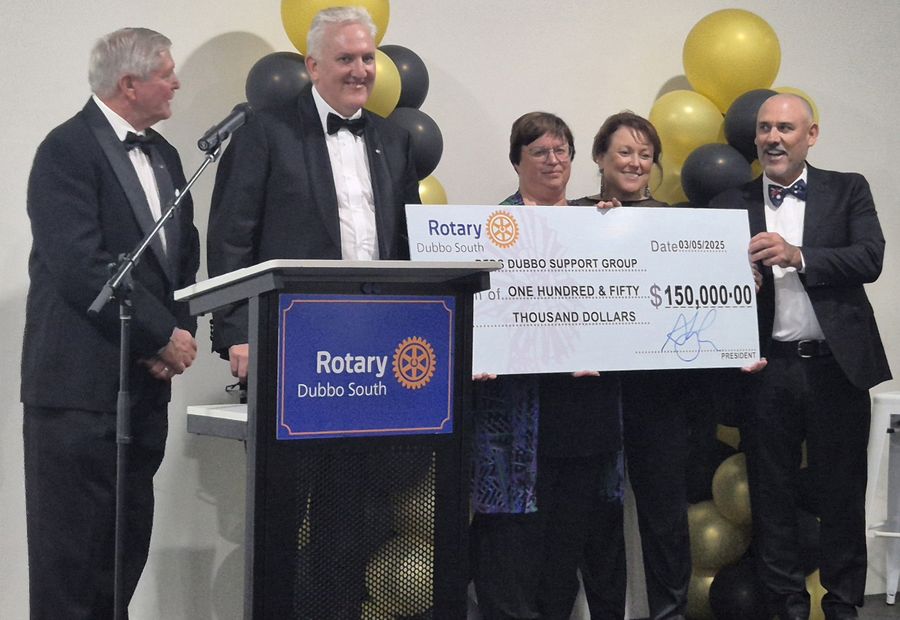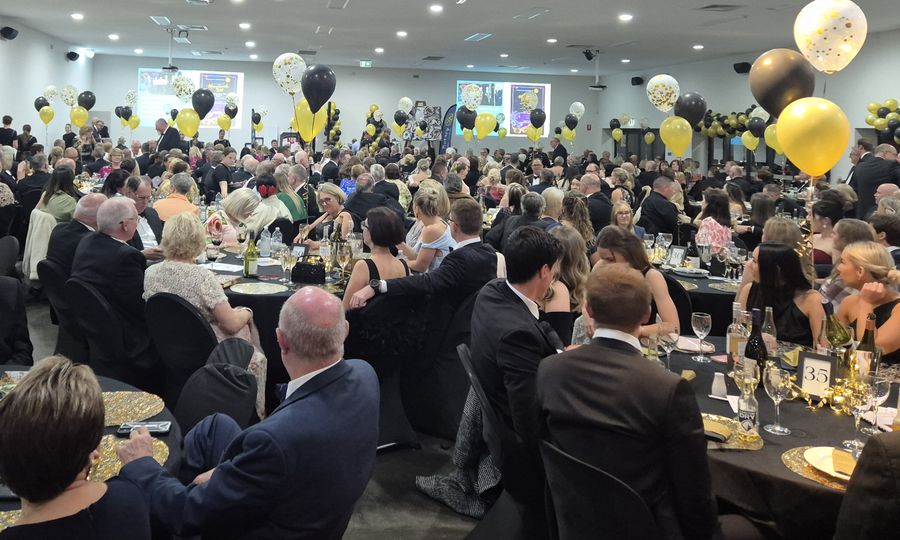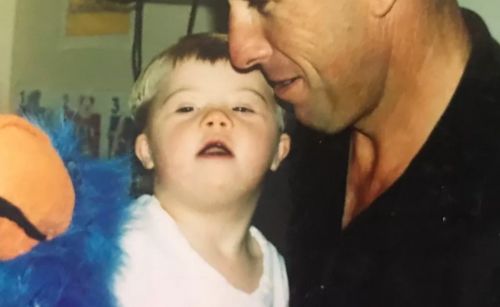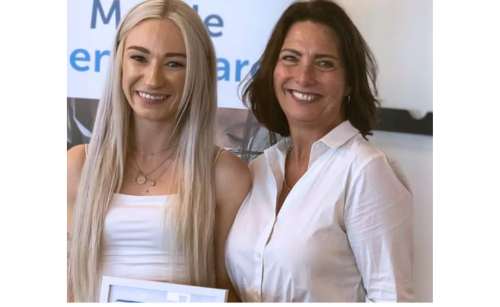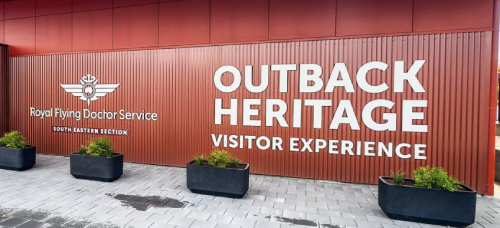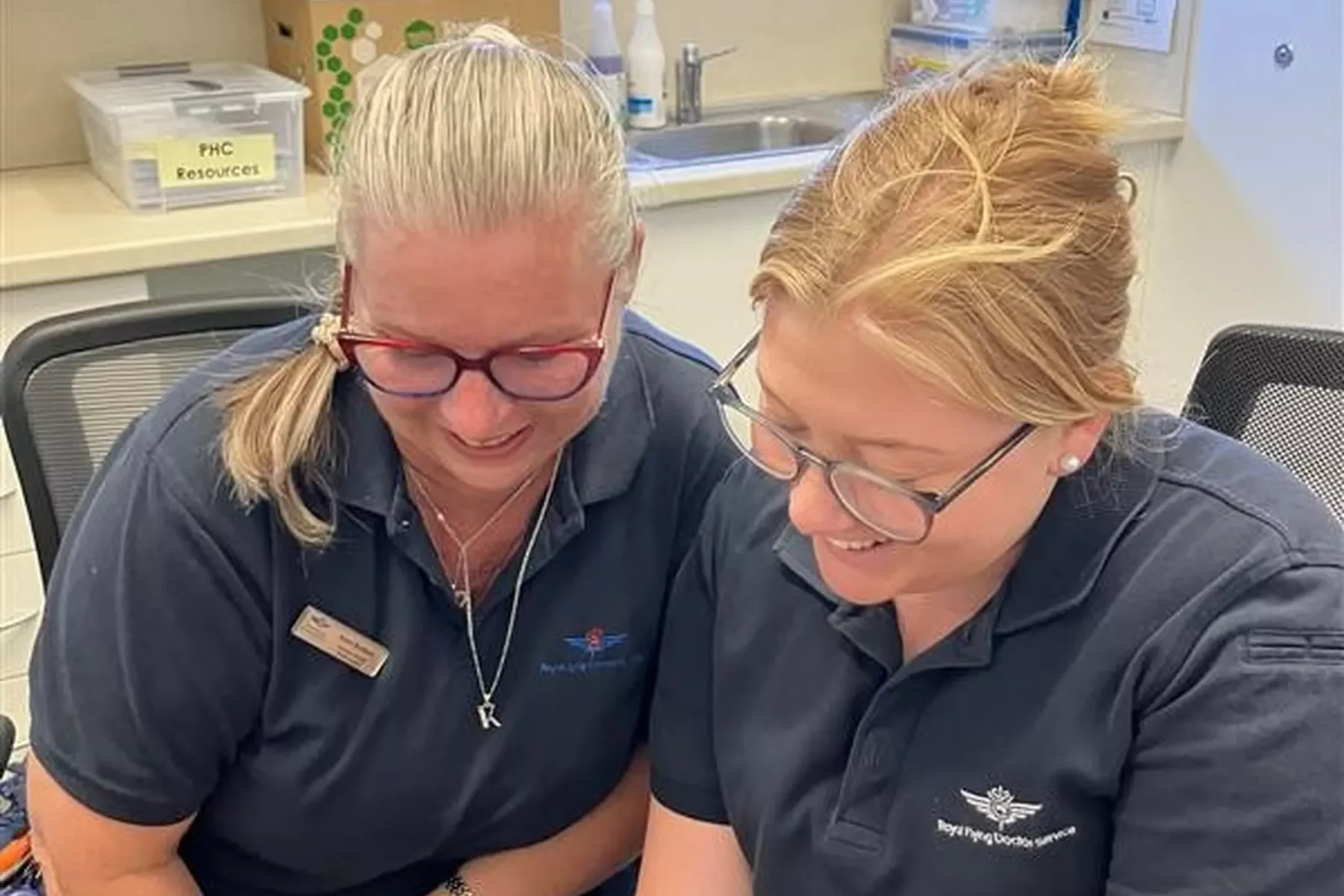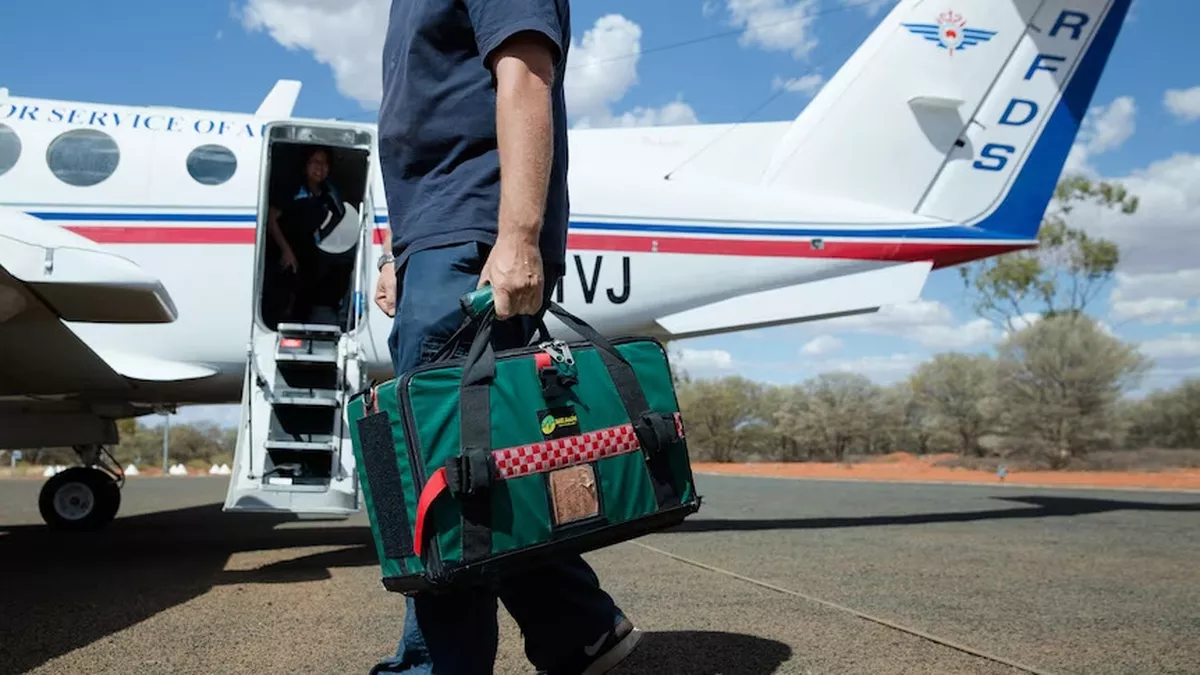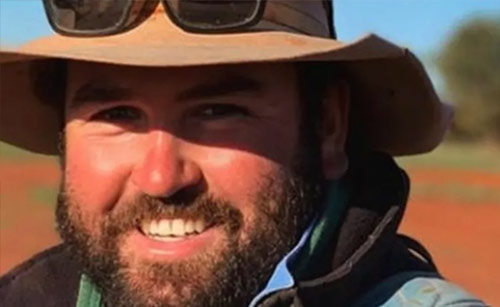Article supplied by RFDS. Broken Hill’s latest tourism experience has opened its doors with the Royal Flying Doctor Service’s (RFDS) new Outback Heritage Experience officially open to visitors thanks to $5.5 million in funding support from the NSW Government.
The upgraded attraction is co-located with the RFDS’s 24/7 operational base and shares the important story of the RFDS in outback Australia and captures the resilient spirit of the communities it has serviced for more than 96 years, thanks, in large part to the contributions and stories of the many communities and supporters who have helped the RFDS to operate for almost a century across Far Western NSW.
Celebrating a long history in the Far West
“The Far West is an important home for the Royal Flying Doctor Service. It is the location of one of our first bases, and remains one the largest RFDS bases in Australia,” Greg Sam, CEO of the Royal Flying Doctor Service South Eastern Section, said.
“From one Flying Doctor and a pilot, through to the team of more than 100 health and aviation specialists we have in Broken Hill and the surrounding area, our story is intertwined with the communities we support. It is this shared and unique history that visitors can expect to be immersed in at the Outback Heritage Experience.”
Minister for Regional NSW Tara Moriarty said the attraction will celebrate the service while adding to Broken Hill’s tourism draw-cards.
“The Royal Flying Doctor Service provides a vital service to remote and regional NSW, with so many lives been touched by the important work they do and the NSW Government is proud to support this fantastic project highlighting the amazing work undertaken by the RFDS,” Minister Moriarty said.
“The newly opened Outback Heritage Experience will let visitors experience a unique combination of history, aircraft and technology as they learn about the proud tradition of the Royal Flying Doctor Service,” Minister Moriarty said.
“We thank the NSW Government for helping to bring this new facility to life – it not only acknowledges the tremendous work of our people, but will serve as a constant reminder of the determined and courageous spirit of the communities that call the Far West home,” Greg Sam said.
“The newly opened Outback Heritage Experience will let visitors experience a unique combination of history, aircraft and technology as they learn about the proud tradition of the Royal Flying Doctor Service,” Minister Moriarty said.
“We thank the NSW Government for helping to bring this new facility to life – it not only acknowledges the tremendous work of our people, but will serve as a constant reminder of the determined and courageous spirit of the communities that call the Far West home,” Greg Sam said.
Roy Butler, MP for Barwon expressed his gratitude for all the RFDS has done in the Far West.
“Very few organisations can say that they have as a deep a connection to a community as the Flying Doctor. Not only do they provide essential and lifesaving services to communities far and wide, but they also attract skilled specialists and tourists into the Silver City.
“The RFDS has also been a part of the lives of people in outback NSW for nearly a century, providing for the health needs of people in remote areas, stepping up to ensure there are services where none exist and provide services that the government and other operators can’t provide.
So it is important to tell that story, not just for tourists, but for all those whose lives have benefited from the service. The new Outback Heritage facility is a fitting tribute to the organisation and the people of the Far West, it is another attraction that will bring more tourists out west for a unique experience and will help the local economy” Roy Butler said.
A boost to tourism
The new tourism attraction will bring more visitors numbers to the region, support the local economy, and create new local jobs, which will build on the $216 million spent on tourism in Broken Hill in 2023.
Broken Hill also took out the number two spot of the Wotif Aussie Town of the Year awards for 2024, demonstrating yet again how the Silver City continues to punch above its weight as a destination for intrepid travellers, adventure seekers, history buffs, music lovers, architecture enthusiasts and foodies.
“It’s another wonderful attraction which, alongside the history of the town, the vibrant cultural scene and major events, will ensure new and regular visitors keep coming back to Broken Hill over and over again,” Greg Sam said.
“We hope the new Outback Heritage Experience will introduce future generations to our organisation, and inspire people to become supporters, nurses, doctors, pilots and other specialists and professions that we need to help this region to thrive.
About the new facility
Housed in a refurbished hangar, the Outback Heritage Experience includes a museum with interactive displays, tributes to the doctors, pilots and flight nurses who have worked for the service, a movie theatre and shop. Visitors can also stroll through a showcase of aircraft dating back to the 1930s.
The upgrades also include accessibility improvements and new carparking to improve access for all vehicle types – a major drawcard for Broken Hill’s popularity as a Drive Tourism destination.
The upgraded Outback Heritage Experience is one of two RFDS tourism attractions in NSW – one in Broken Hill and in Dubbo.




